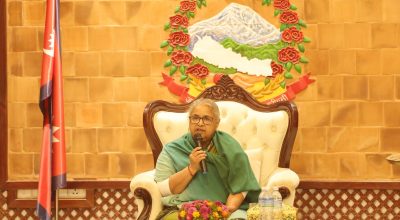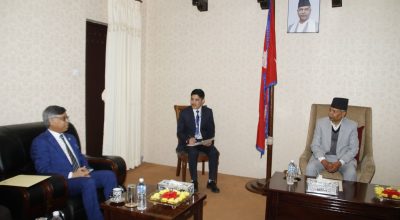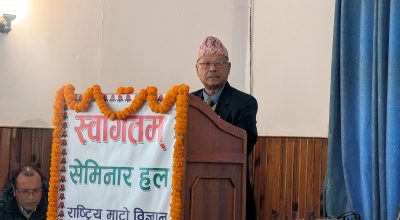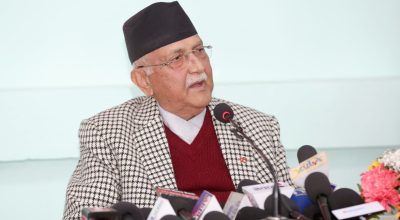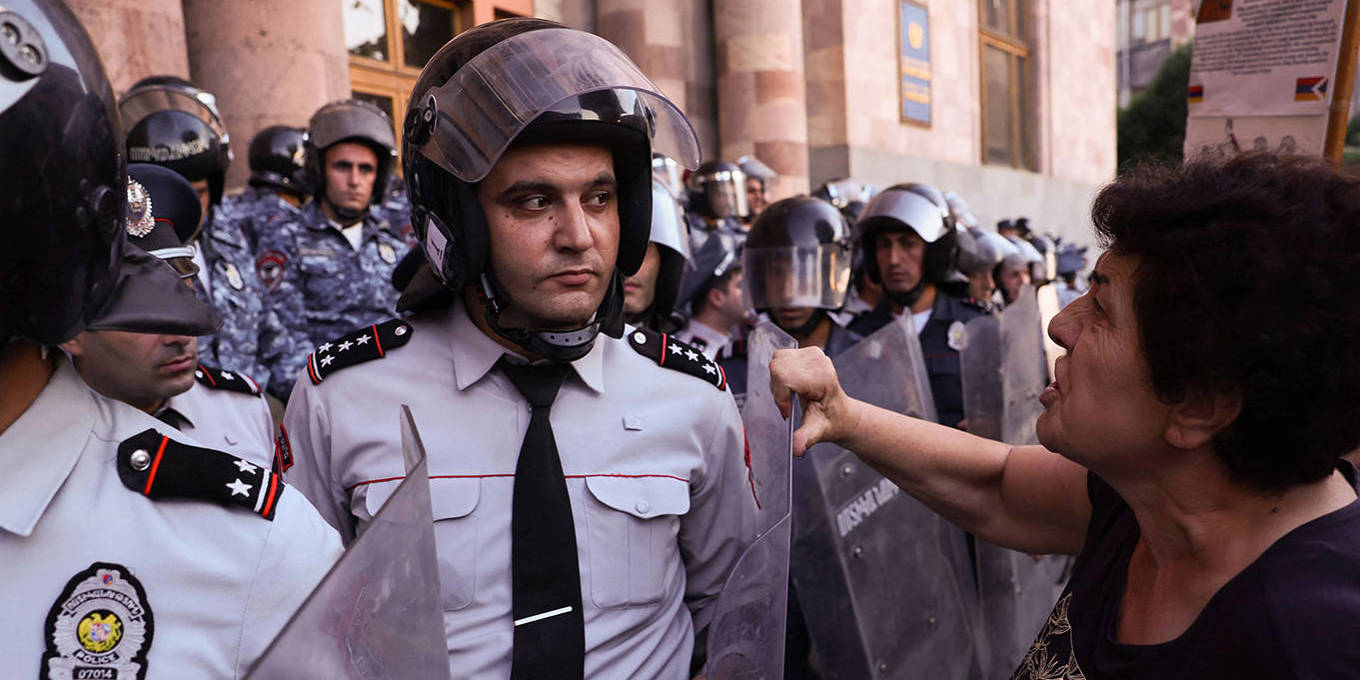
Shlomo Ben-Ami
TEL AVIV, Oct 19 (PS): Like civil wars, ethnic and religious conflicts usually end one way: with the total defeat of one side. These clashes arouse such intense passions that peace agreements are extremely difficult to negotiate, and when they are reached, they are fundamentally fragile, virtually impossible to enforce, and highly likely to collapse. The war over Nagorno-Karabakh – an enclave of about 120,000 Christian Armenians within the territory of majority-Muslim Azerbaijan – is no exception.
In the late 1980s and early 1990s, Nagorno-Karabakh was the site of a bloody campaign of mutual ethnic cleansing. In the decades since, despite endless mediation and a string of peace proposals, tensions have simmered, intermittently boiling over into violence. In 2020, thousands of people were killed in six brutal weeks of fighting.
But in late September, Azerbaijan reclaimed control of the territory with a 24-hour military offensive, which drove the self-declared republic’s president, Samvel Shahramanyan, to sign a decree dissolving state institutions. As of next year, the decree affirms, the Republic of Nagorno-Karabakh – known by Armenians as the Republic of Artsakh – will “cease to exist.” Already, virtually all the enclave’s inhabitants have fled to Armenia.
After 30 years of separatist rule, why now? There was always an imbalance of power between the Azerbaijani government and the breakaway republic. But, since declaring independence in 1991, Nagorno-Karabakh had enjoyed the protection of Armenia – a traditional Christian ally of Russia, and part of the Russian-led Collective Security Treaty Organization.
Things changed with Russia’s full-scale invasion of Ukraine last year. Isolated from the world, Russia has been seeking new allies that could help it both strengthen its position in the region and bypass Western sanctions. Azerbaijan was an ideal candidate.
In fact, even before Russia knew the scale of the sanctions that it would face over the Ukraine war, it was deepening ties with Azerbaijan. Days before the invasion, the two countries signed a political-military treaty that, according to Azerbaijani President Ilham Aliyev, amounted to a full-fledged alliance. The treaty has since been expanded to include intelligence sharing and economic deals, especially regarding the energy sector.
With that, Russia effectively abandoned Nagorno-Karabakh. Whereas Russia deployed peacekeeping forces in 2020 to guard Nagorno-Karabakh’s lifeline to Armenia, the Lachin corridor, it did nothing to prevent Azerbaijan from blocking the corridor last December. And it has not lifted a finger to prevent the enclave’s dissolution.
For Azerbaijan, Russia offered a welcome alternative to the West, which insisted on an equitable negotiated resolution to the conflict. When Azerbaijan sent its military to claim Nagorno-Karabakh by force last month, American and other Western diplomats were attempting to broker a peace deal between the Azeri and Armenian foreign ministers.
Azerbaijan does not want to alienate the West entirely, not least because the United States sends it millions of dollars’ worth of military aid each year. But its approach to engagement with the West has been deceitful: when Europe was seeking alternate gas supplies to break its dependence on Russia, Azerbaijan increased its exports, but it partly used gas that it had imported from Russia. In any case, it was not going to compromise its “territorial integrity” for the sake of a Western-brokered peace agreement.
As for the people of Nagorno-Karabakh, “self-determination” – including full and unconditional statehood – was a non-starter. What Nagorno-Karabakh failed to recognize was that each rejected proposal created a new opportunity for the conflict to be decided by force. Only when the curtain was about to fall on the self-proclaimed independent republic did Shahramanyan acknowledge that Nagorno-Karabakh’s demands for full statehood were based on unrealistic expectations regarding the applicability of international law. The disparity of power eventually prevailed.
It did not help that the West was not able to offer the enclave anywhere near the kind of support it had given to Bosnia or Kosovo. A deal like the Dayton Accords – with their promise of autonomy for ethnic groups, Western peacekeepers, and war-crime tribunals – was never on the table. This left Russia free to control the situation using its own peacekeepers and strategic understandings with Aliyev.
Israel also bears some blame for the new state of affairs in the Caucasus. For years, it has been consolidating an alliance with Azerbaijan against their common enemy, Iran. Today, Israel supplies nearly 70% of Azerbaijan’s weapons. In return, Azerbaijan supplies about 40% of Israel’s energy demand, offers a strategic outpost on Iran’s border, and helps consolidate Israel’s new rapprochement with Azerbaijan’s close ally, Turkey. Israeli-Turkish reconciliation was a major Azeri foreign-policy goal.
In Israel’s view, the strategic stakes are high enough to justify ignoring desperate pleas from Armenians for support of a nation that, like the Jews, suffered genocide. Israel does not even recognize the slaughter, attributed to Turkey, carried out during and after World War I. Israel’s amoral behavior in the Armenia-Azerbaijan conflict imitates its supposed realpolitik in the Ukraine war, exemplified by its apparent indifference to Ukrainian pleas for arms.
The US might be considering sanctioning Azerbaijan and working to deepen security and economic ties with Armenia. But, as exhausted as Russia may be, the South Caucasus remains a natural part of its sphere of influence and a vital flank in the Ukraine war. It will be nearly impossible to loosen the Kremlin’s grip on the region.
Shlomo Ben-Ami, a former Israeli foreign minister, is Vice President of the Toledo International Center for Peace and the author of Prophets Without Honor: The 2000 Camp David Summit and the End of the Two-State Solution (Oxford University Press, 2022).
Copyright: Project Syndicate, 2023.
www.project-syndicate.org





